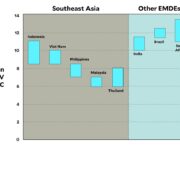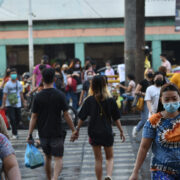Leptospirosis cases in QC rise 82%
The Quezon City Epidemiology and Disease Surveillance Unit has reported a significant rise in cases of leptospirosis, dengue, and hand, foot and mouth disease (HFMD) from Jan. 1 to Dec. 16 this year.
The leptospirosis cases recorded during this timeframe reached a staggering 339, marking an increase of 82.26 percent compared to 186 cases in the same period in 2022. District 2 reported the highest number of cases at 87, while District 3 had the lowest with 38 cases. A total of 41 leptospirosis-related deaths were reported.
Leptospirosis is a bacterial infection transmitted through contact with the urine of infected animals, primarily rodents. Symptoms range from mild flu-like manifestations to severe complications.Dengue cases rose to 3,859, or a 3.99-percent increase compared to the previous year’s 3,711 cases. District 1 reported the highest number of dengue cases at 841, while District 2 had the lowest with 426 cases. At least 10 deaths related to dengue were reported across Districts 1 to 6.
Dengue is a mosquito-borne viral infection caused by the dengue virus and primarily transmitted by the Aedes aegypti mosquito. Symptoms can range from mild fever and body aches to severe complications, including hemorrhagic fever, making early detection and medical intervention crucial for effective treatment.
A total of 844 cases of HFMD have been reported by the Quezon City Epidemiology and Surveillance Unit, marking a stark increase of 100.95 percent compared to the same period in 2022, which had 420 cases. INQ
















